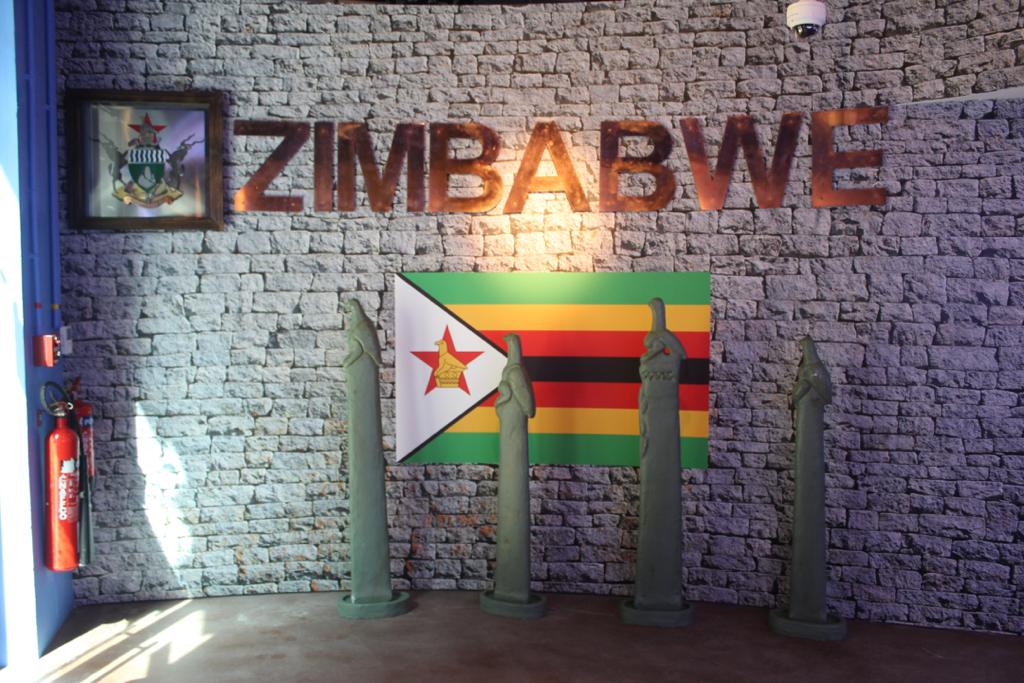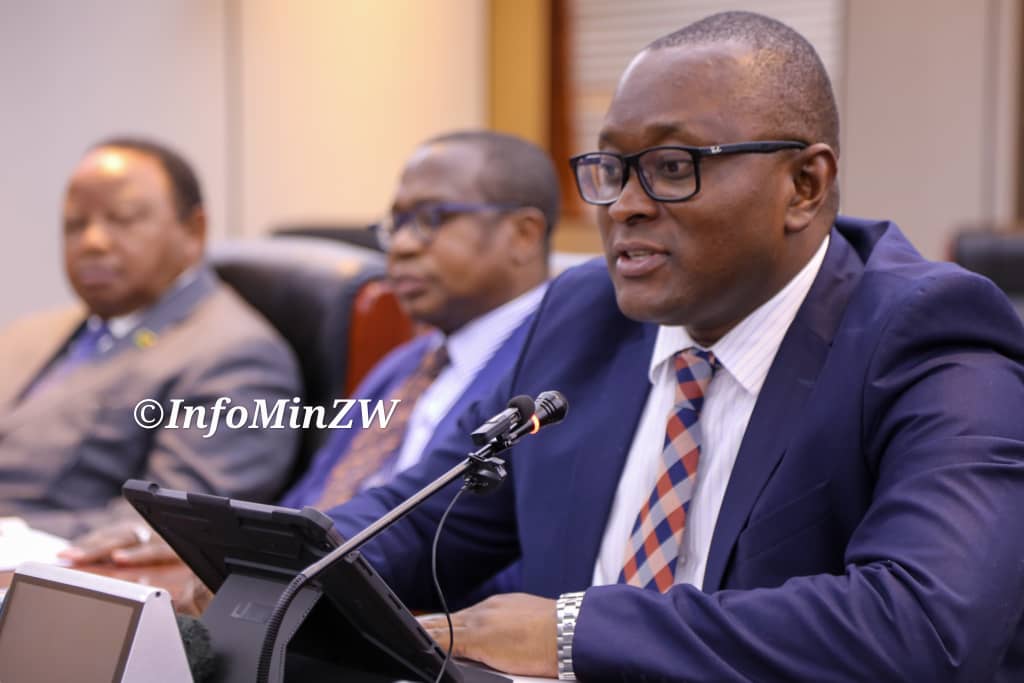ZINATHA seeks funding to develop traditional medicines
Share

Harare (New Ziana) –The Zimbabwe National Traditional Healers Association (ZINATHA) is appealing to the government for funding to develop traditional medicines into conventional (allopathic) medicines in order to provide affordable and alternative health care for citizens.
Traditional medicine is defined as the sum total of knowledge, skills and practices based on the theories, beliefs and experiences indigenous to different cultures that are used to maintain health, as well as to prevent, diagnose, improve or treat physical and mental illnesses.
The medicines are more affordable than most conventional ones since they are easy to obtain (they can be found in nature, so they cost very little to harvest and produce) and don’t require prescriptions.
ZINATHA president George Kandiyero told New Ziana the organisation required funding to conduct research into the efficacy and potency of traditional medicines as well as process it into capsules and tablets.
“Our major challenge is funding,” he said.
“We need to carry out research into the efficacy of traditional herbal remedies. We have a lot of medicines which we use which we need to evaluate their effectiveness.”
Kandiyero said ZINATHA also required funding to develop the traditional African medical practice and integrate it into conventional medical plans like what the Chinese have done.
The Zimbabwe government allowed Chinese traditional medical practitioners to open a clinic at Parirenyatwa Group of Hospitals in 2020.
“We need to remove the stigma around traditional medicines and brainwashing by the colonialists,” said Kandiero.
“Those multitudes that we see during the day in churches, at night they visit n’angas (traditional healers). Let us be proud of who we are.”
It is estimated that up to 80 percent of people in Zimbabwe regularly use traditional medicines and consult traditional healers, albeit under cover of darkness due to stigma.
In most rural areas, traditional treatments are the main or only treatment because they are accessible, affordable and culturally accepted.
According to studies, there are, on average almost 100 traditional practitioners for every university trained doctor, equating to one traditional healer for every 200 people, which is a much greater doctor-to-patient ratio than is found in North America.
Under colonial rule, the white settlers considered methods of traditional knowledge as primitive and outlawed some traditional medical practices while attempts were also made to control the sale of herbal medicines.
The settlers did little to investigate the legitimacy of the traditional medical practices, despite the obvious role that the traditional healers played in the basic health needs of their communities.
At independence in 1980, the new Zimbabwean government moved swiftly to recognise traditional medical practices through establishing ZINATHA, and enacted the Zimbabwe Traditional Medical Practitioners Act, to register and regulate the conduct of traditional practitioners.
New Ziana









